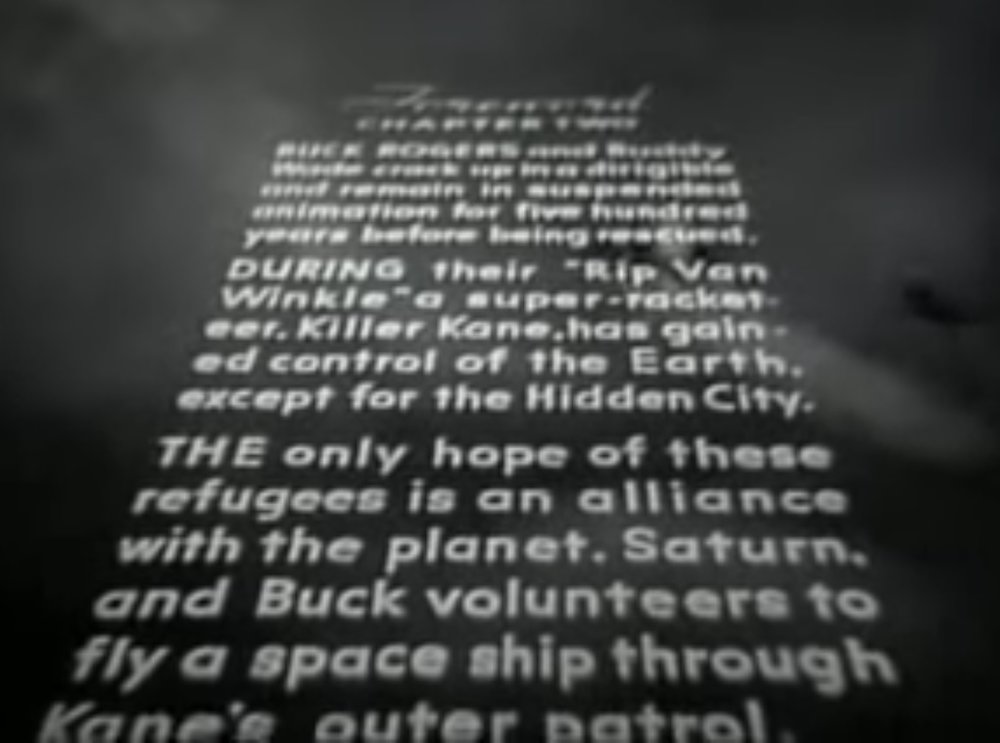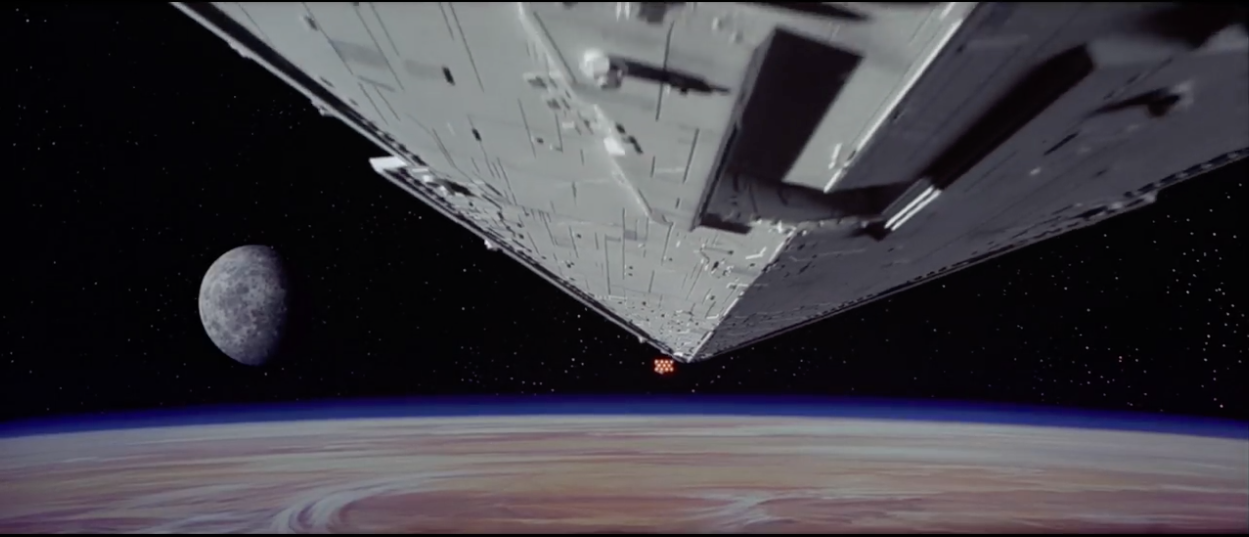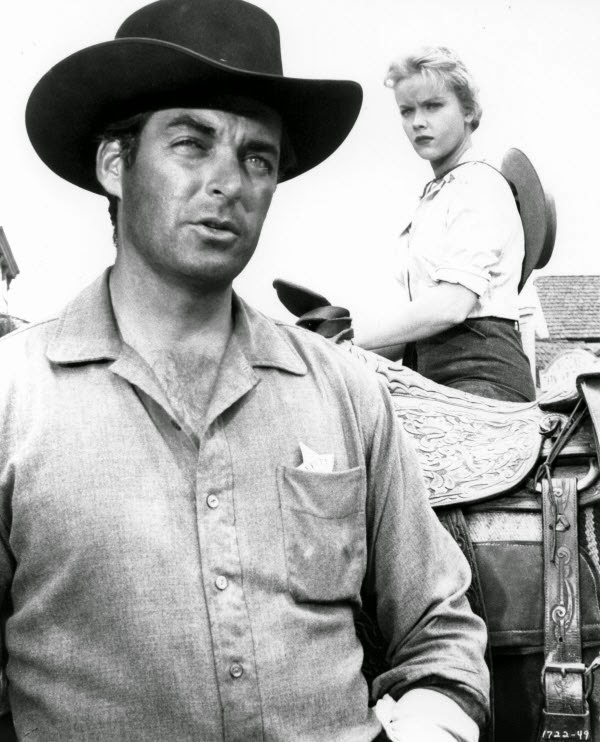That Star Wars crawl is affectatious nonsense. It is there for the same reason Harrison Ford's voice-overs were in the original cut of Blade Runner. They borrowed a stylistic element from Old Hollywood to signal to the audience the retro-inspired framing of the story.
It is communicating information, but it's not an infodump. It's communicating style and genre in a winking, self-aware nod to kitch – a style that is so out-of-date it is obviously done with intentional irony:

It also serves as a false beginning to get the audience seated and quiet so the REAL beginning can have it's full impact. After some nostalgic cheese that has lowered expectations and bewildered the audience, simultaneously delivered with deafening musical fanfare, it gets quiet and then the real opening happens, which is epic but even more so because now everyone is focused:

Now we are in medias res and the action is moving very quickly. Maybe if we remembered any of that infodump crawl from before we might know who these people are or why they are being chased, but oh well, it was something about rebels and empires blabla. I guess that makes sense, it is enough to know there are two sides and there is a power imbalance.
Fortunately, it's easy to follow the action because it is obvious what these characters represent and how I am suppose to feel about them because they are dressed up in melodramatic costumes:

The man in the black hat is being villainous, and the little school marm lady is acting tough but we know she is in trouble. Somehow that makes us like her even more.
Despite a lot of fast confusing action we are ok because there are no surprises about these characters. He is literally wearing a skull mask under a nazi helmet. She is wearing a white flowing gown with no underwear. That infodump crawl was confusing. The explosions and robots were confusing, but there is nothing confusing about these two.
That's a good thing because we're about to leave them in the midst of their cartoon black-and-white conflict to go see the real real beginning: a story about a boy on a planet who dreams of adventure….
The moral of the story is, that infodump crawl at the beginning of Star Wars is not really an infodump. It is a parody of a very trite and old-fashioned cliche, to let us know what we are about to see is going to be just like an old Buck Rogers serial. We're not meant to take it as Shakespeare, this is a send-up of all the fun tropes from space adventure serials you watched as a kid.
You can certainly start with a genre-winking prolog, but Star Wars is an example of subverting style and expectations, mixing spectacular visuals with gee whiz nostalgia. In this case, the infodump prolog is not an infodump prolog. But since it inspires you, maybe consider how you can learn from the tricks it was using to manipulate the audience with up-front excitement that looks complicated but makes sense to us only because on some fundamental level it is basically pantomime, before settling into the long boring origin story that will make us care about this kid and his family.



